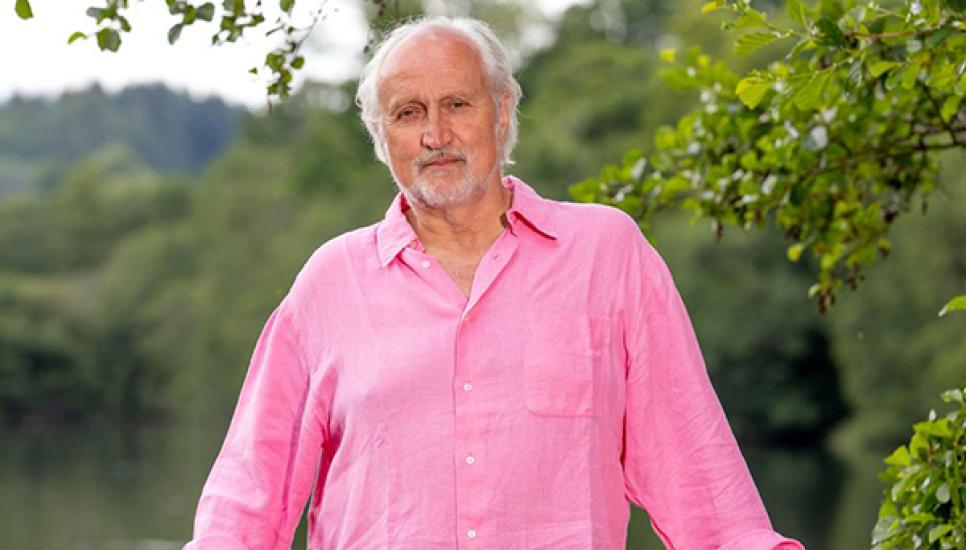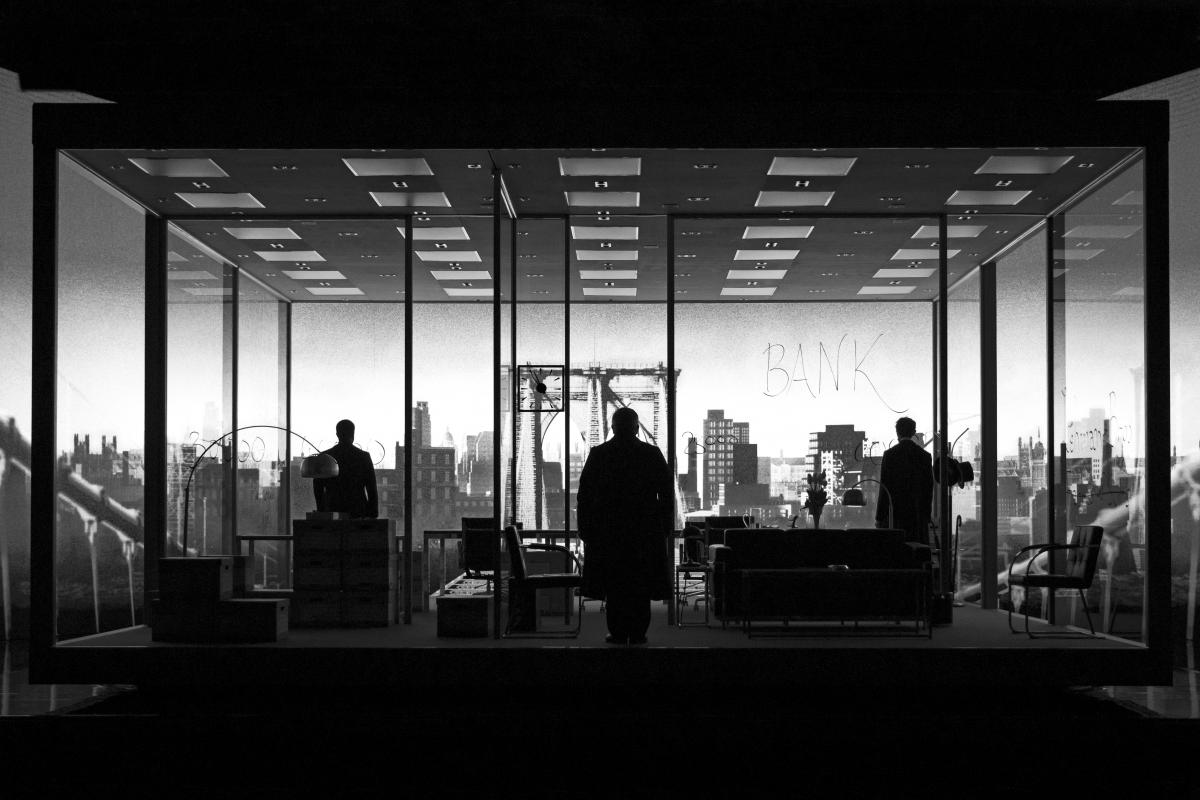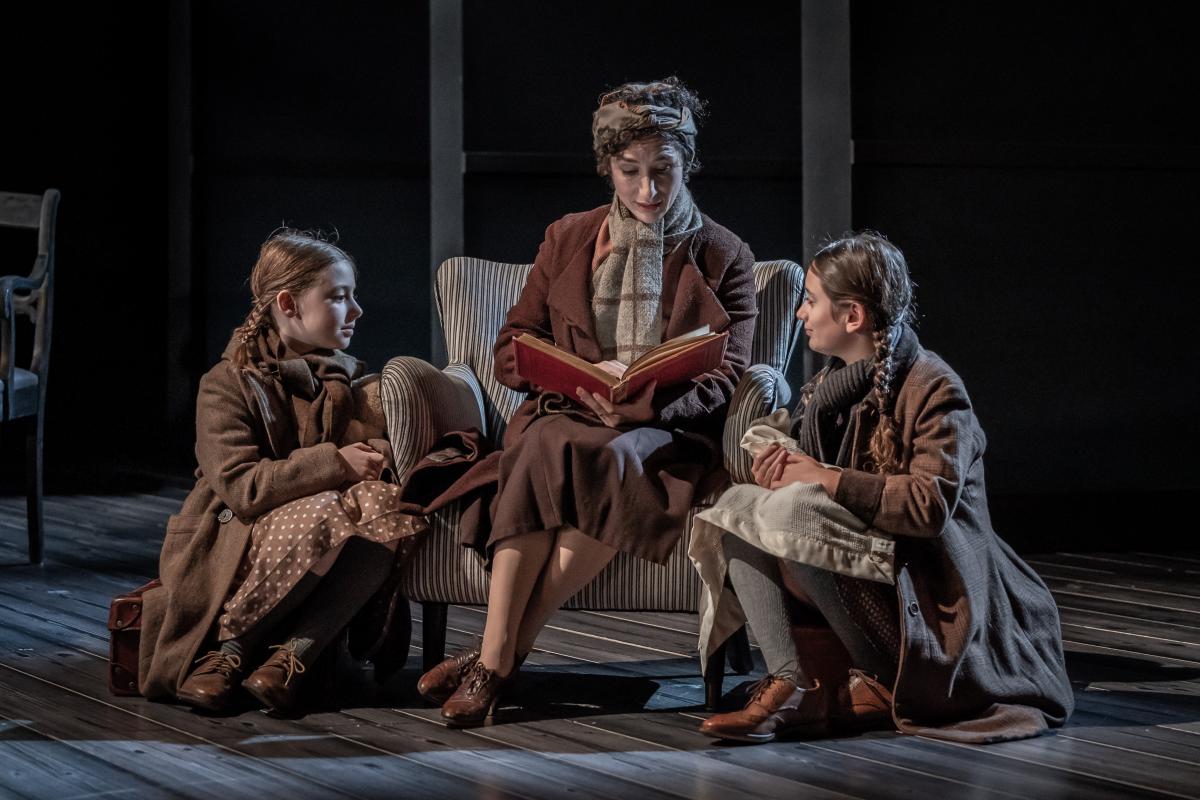Diversified theatrical investment steps into the limelight with the Theatre Returns Fund

Aiming to set up the first major fund to offer up a pool of exceptional talent and a pipeline of exciting productions, what is planned to be the Theatre Returns Fund will, says seasoned West End producer Nicholas Allott OBE, be a boon for the industry and a compelling opportunity for investors.
“Individual lunacy is what powers this industry,” says the former chief executive and now vice-chairman of Cameron Mackintosh Ltd, Nicholas Allott OBE. “Just Look at Cats… Words by T.S Eliot, a worthy English poet who had been dead for 40 years; Andrew Lloyd Webber composing without Tim Rice for the first time ever; Trevor Nunn had never done a musical before on that scale and opening at the New London Theatre which had been used as a television studio for years. There was nothing on paper to suggest it was going to be a good idea.

“But I’ll never forget that first night, the realisation that we were witnessing history. It’s the opportunity to be a part of experiences like that which I hope will attract people to back the Theatre Returns Fund.”
Independent theatre producers in London’s West End are used to dealing with the trials and tribulations of their trade and, having weathered what is widely expected to be the worst of the COVID-19 pandemic, are certain that the near future will see more bums on seats than ever before.
To wit, the Theatre Returns Fund will aim to be the first major, institutional-style fund to offer diversified investment opportunities in theatrical productions (and associated revenue streams) for eligible sophisticated investors. It is still in the early design stage, with fund structure and fund management arrangements yet to be finalised and put in place, but the key elements of the proposition are clearly identified and formulated.
Between 2011 and 2019, the UK theatre industry enjoyed steady growth in revenue, with box office income alone of $1.87 billion in 2019. During that time, more people attended a West End show than going to a Premier League football match. And as the sector emerges from the pandemic, demand for theatre is building back quickly.

“What the Theatre Returns Fund will do is provide wealthy individuals with the opportunity to invest generically in our business, as opposed to specifically,” says Allott, who over his 40+-year career was executive producer for the original London productions of Cats, Les Miserables, Phantom Of The Opera, Miss Saigon, Mary Poppins, Hamilton (London only) and many more.
“When it became clear that the UK government’s Culture Recovery Fund was going to be the only source of help the theatre would get during the height of the pandemic, and it largely excluded the commercial theatre, we were left facing the abyss,” continues Allott. “It was former Lazard banker and KPMG partner David Reitman who talked to film and theatre director and producer Sam Mendes about a creative fund that would collectively invest in our future. "
“The key to the fund is that it will be assisted by a consultative committee of commercial independent producers with considerable professional success in the West End and on Broadway. And they will also make a commitment to offer a minimum percentage in all of their own work to the fund (although the fund will in addition be open to applications from other producers too).
These creative producers include Caro Newling OBE, founder of Neal Street Productions with Sam Mendes and producer of The Lehman Trilogy and Charlie And The Chocolate Factory; Kenny Wax, producer of smash-hits SIX the musical and The Play That Goes Wrong; Matthew Byam Shaw (Wolf Hall, Kinky Boots, Frost/Nixon); Sonia Friedman (Harry Potter And The Cursed Child, The Book of Mormon, Leopoldstadt); Eleanor Lloyd (Witness For The Prosecution, Nell Gwynn); Dafydd Rogers (ART, Calendar Girls); Mark Rubinstein (TINA, the Tina Turner Musical, Beautiful – The Carole King Musical); and Ed Snape (Hairspray, Fleabag).

“There have been other centralized funds run by individuals but none with this level of experience. Not just by producers but by individuals with City experience.”
Theatrical investment has traditionally been an individual arrangement between a producer and investors on a specific production. The outcomes on these investments can be anywhere from total loss to significant long-term returns. By using the collective experience of the producer committee, exploiting the competitive advantage in gaining early access to the best projects on the best terms (including the opportunity to invest up to 10% of the capital on their new productions), combined with a strong pipeline of productions, the fund will aim to target attractive returns for investors over a five-year period and manage risk in so far as is practicable in what is an inherently risky industry.
“The image of investment angels, elegant men and women walking around sipping champagne and occasionally making fortunes, may have been the case several decades ago but it has evolved since then,” says Allott of the realities of modern theatrical investment. “A big factor is the cost of production which has increased considerably over the past 40 years. When I joined the business in 1981 as theatre manager for Cats, the entire production cost £450,000, which is about now half the size of the advertising budget for a big musical.”

For Allott, passion investment is a clear part of this prospective fund’s appeal: “For many years, our industry has been backed by investors who have a love for the theatre,” he says. “What we will be aiming to offer, in addition hopefully to an attractive economic return, will be a new level of involvement– the ability to be there at opening night, workshops and readings and backstage tours – benefits that you wouldn’t necessarily get with investment in Marks & Spencer.”
As for the future of theatre in the COVID-19 endemic age, Allott is confident that as local and global restrictions are lifted (international tourism traditionally accounts for about 40% of the West End audience), the show will most definitely go on.
“There are around 40 West End theatres and they’re all open right now,” he says. “So at a time when we’re perceived to be in extreme crisis, it’s a sign of the commercial ingenuity and entrepreneurial spirit of producers that we’ve all gone back to work.”
Theatrical investment is not without its risks but, as Allott says, when it goes right it can be a spectacular thing: “The returns when it works are very considerable. The losses when it doesn’t work are also considerable,” he says. “But there is no substitute for a group of people in a room engaging with another group performing for them. That electricity is generated every time.”

Nicholas Allott will be discussing the proposition of investment in theatre as part of the 18th Family Alternative Investment Forum at County Hall, London, from February 23-24, 2022. More details here.
Note: This article of a conversation with Nicholas Allott has been prepared/issued by Campden Wealth for its members. Comments regarding a fund are purely preliminary and should not be regarded as an invitation to engage in investment activity. The fund and its management arrangements are still in its early design phase and so are yet to be established. If established, any offer to investment in the fund will be based solely on the documents presented to prospective investors in due course. The comments reported here concern Nicholas Allott's personal views on the potential investment proposition for the Fund, setting out generic information about investing in theatre.






